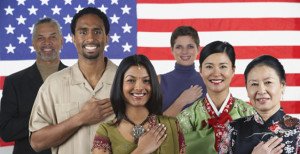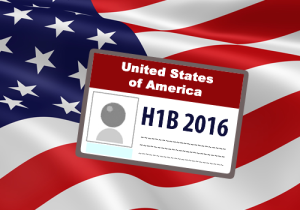Birthright Citizenship: Supreme Court Turns Down Review for American Samoans
The Supreme Court turned down an appeal yesterday, meaning that the justices will not review an appeals court ruling that only Congress, not courts, can change the law that birth in the American Samoa does not confer US citizenship. A law passed in 1900 declared that individuals born in the American Samoa are US nationals but not US citizens. The 1900 law reflected the ethos of its time: Supreme Court ruled that people in the newly acquired U.S. territories were not entitled to all the constitutional rights of American citizens. Justice Henry Brown said the “development of the American empire” could be set back by the “annexation of distant possessions,” which are “inhabited by alien races.”
Five American Samoans pointed to the 14th Amendment in bringing their case, which confers birthright citizenship to individuals born in the United States. Other territories of the US received birthright citizenship in the 20th century, but American Samoans remain without it.
Birthright citizenship was enshrined in the 14th Amendment, which is one of the three post-Civil War amendments. The purpose of birthright citizenship is to ensure all individuals born in the United States are citizens, rather than creating classes of citizenship, such as that which existed antebellum.

